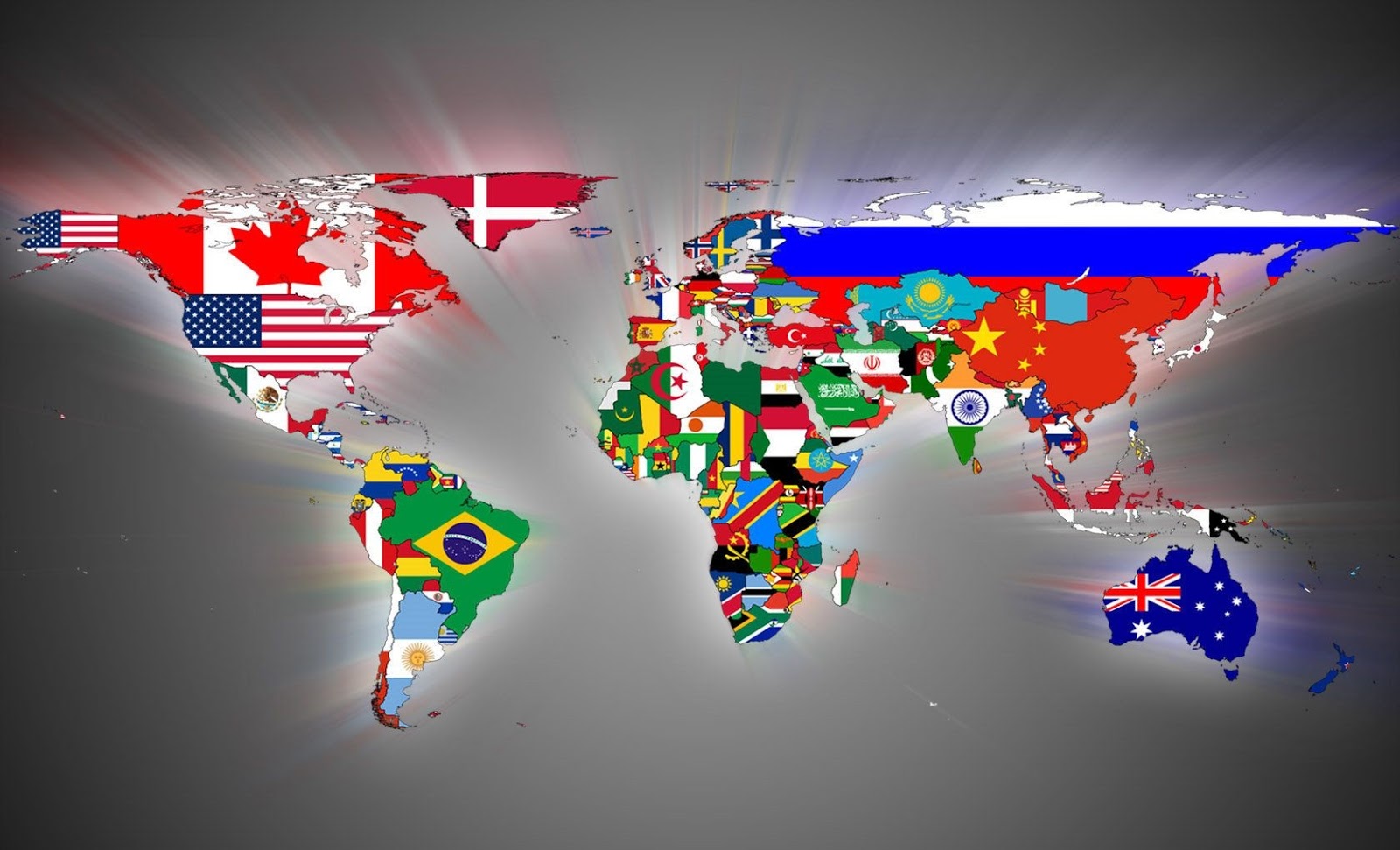The world is a vast tapestry of cultures, languages, and landscapes, with each country offering its own unique story and identity. From the snow-capped peaks of the Himalayas to the sun-kissed beaches of the Caribbean, the diversity found in countries is staggering. Each nation has its own set of traditions, cuisines, and ways of life that reflect the history and values of its people. Understanding this intricate web of countries is essential for appreciating the richness of global heritage.
As travel enthusiasts and curious souls seek to discover what makes each country special, they often find that the beauty of the world lies not just in its physical attributes, but in the connections that people forge with one another. In this article, we will delve into the many facets of countries around the globe, exploring their histories, cultures, and the common threads that unite us all.
Whether you're an avid traveler, a student of geography, or simply someone who enjoys learning about the world, this exploration of countries will provide insights into the vast array of human experiences. Join us as we embark on a journey that spans continents and cultures, uncovering the stories that define our world.
What Defines a Country?
The concept of a country is multifaceted, encompassing not only geographical boundaries but also cultural, political, and social dimensions. A country is typically recognized as a distinct territory governed by a single political entity. However, the identity of a country goes deeper than mere lines on a map. It involves:
- Historical narratives and shared experiences.
- Common languages and dialects.
- Unique customs and traditions.
- Distinct political systems and governance.
How Many Countries Are There in the World?
As of now, there are 195 countries recognized by the United Nations. This number includes:
- 193 member states.
- 2 observer states (the Holy See and Palestine).
However, the count may differ based on various geopolitical contexts and differing definitions of statehood. Some regions may consider themselves independent nations, but not all are universally recognized. This complexity adds to the intrigue of global geopolitics.
What Are Some of the Most Unique Countries?
Every country has its unique charm and characteristics that set it apart from others. Here are a few examples of countries known for their distinctiveness:
- Japan: Famed for its blend of ancient traditions and cutting-edge technology, Japan offers a unique cultural experience.
- Brazil: Known for its vibrant festivals, such as Carnival, and its rich biodiversity in the Amazon rainforest.
- Egypt: Home to the ancient pyramids and the Nile River, Egypt is a treasure trove of history and archaeology.
- New Zealand: Renowned for its stunning landscapes, Maori culture, and adventure tourism.
What Role Do Countries Play in Global Affairs?
Countries are key players in international relations, impacting global economics, security, and environmental policies. Their roles include:
- Engaging in diplomacy to maintain peace and foster cooperation.
- Participating in international organizations (e.g., the United Nations).
- Contributing to global challenges, such as climate change and public health.
How Do Countries Influence Culture and Identity?
The culture of a country shapes the identity of its citizens and influences how they interact with the world. Cultural elements include:
- Language and literature.
- Art and music.
- Culinary traditions.
- Religious practices and beliefs.
What Are the Largest and Smallest Countries?
The size of a country can be measured in terms of land area or population. The largest country by land area is...
- Russia: Spanning over 17 million square kilometers.
In contrast, the smallest country is...
- Vatican City: Covering a mere 44 hectares.
How Do Countries Impact Global Economy?
Countries play a significant role in shaping the global economy through trade, investment, and resource management. Factors influencing economic performance include:
- Natural resources and industry.
- Workforce and education levels.
- Trade agreements and tariffs.
What Are Some Common Challenges Faced by Countries?
Despite their diversity, countries around the world face several common challenges, including:
- Poverty and inequality.
- Political instability and conflict.
- Environmental degradation and climate change.
- Public health crises.
How Can Understanding Countries Foster Global Connections?
Learning about different countries and their cultures can promote empathy and understanding, creating bridges between diverse populations. By appreciating the unique attributes of each country, individuals can:
- Enhance their global perspective.
- Build meaningful relationships across cultures.
- Encourage collaboration on global issues.
What Is the Future of Countries in a Globalized World?
As globalization continues to shape our world, the concept of countries may evolve. The future may see...
- Increased collaboration across borders.
- Growing importance of regional and international organizations.
- Challenges related to national identity and sovereignty.
In conclusion, the diversity of countries enriches our global tapestry, providing a wealth of experiences and perspectives. By exploring and understanding the various facets of countries, we can appreciate our shared humanity and the vibrant cultures that make our world a truly remarkable place.


